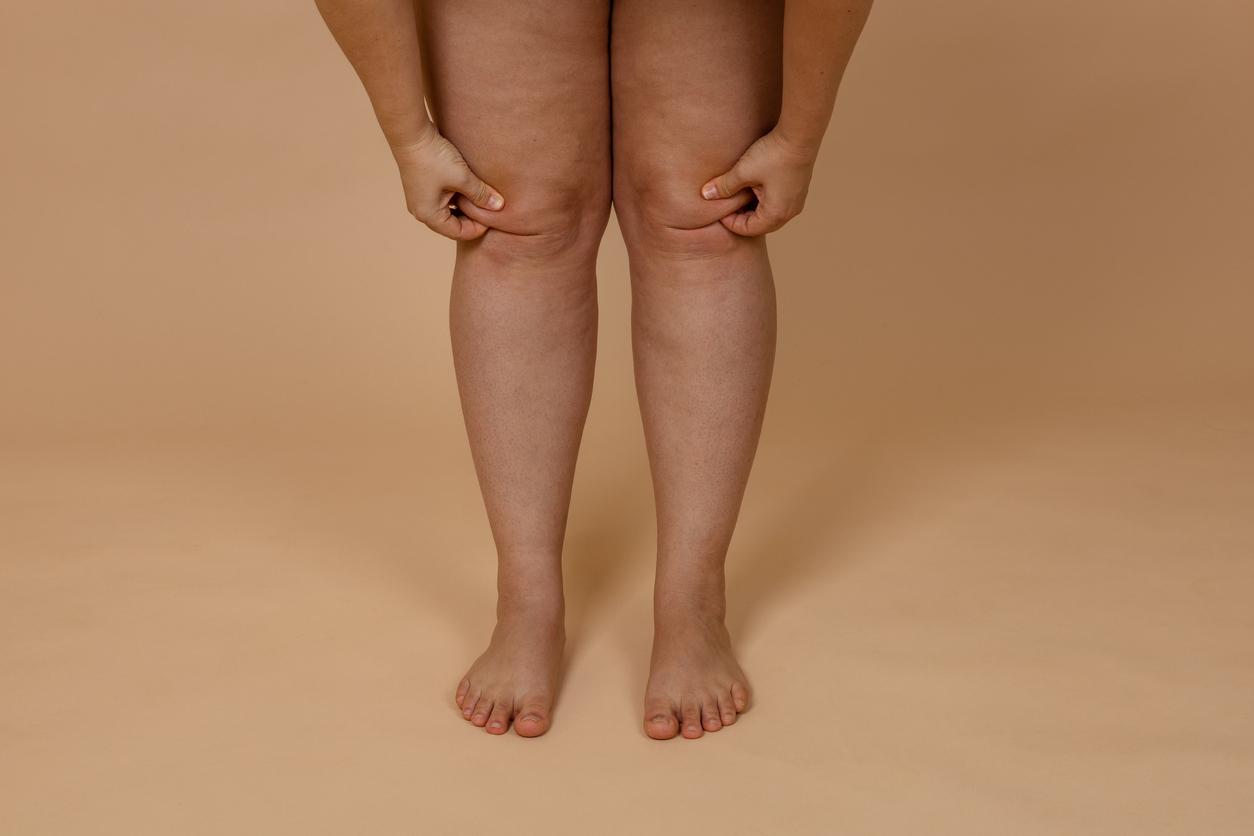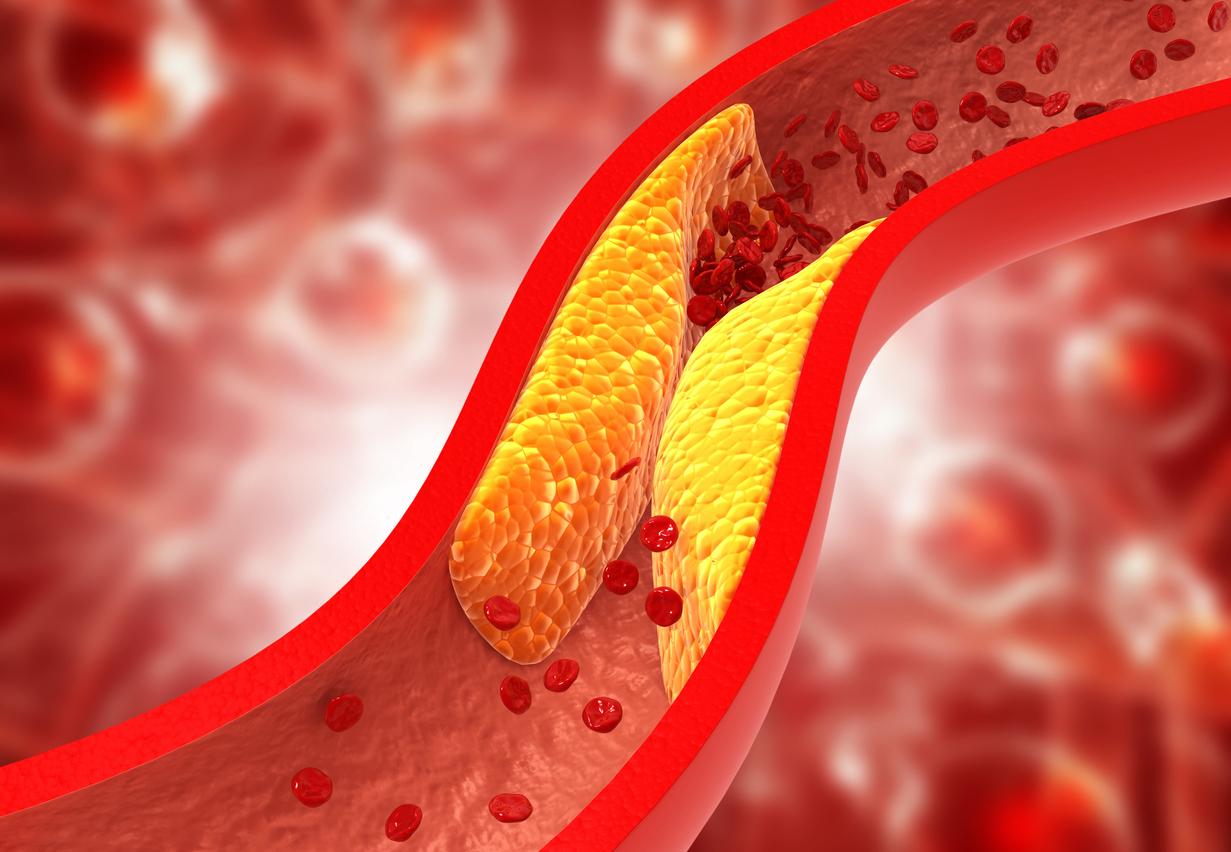May 24, 2001 – Researchers at Harvard School of Medicine recently published their study on the link between obesity in adolescence and the type of feeding children experienced at an early age – breastfeeding or formula milk. And despite all the variables that come into play, they do not hesitate to conclude that “babies who were breastfed more than formula, or who were breastfed for a longer period, ran less risk of becoming obese in pre-adolescence and adolescence. “1
Recently, in North America, obesity has become a public health problem and its rate is growing rapidly, both in the general population and among young people. It was in an attempt to define a link between this situation and breastfeeding that Harvard researchers examined some data provided by a cohort of 15,241 American children, which we observe to establish links between diet, activity and growth. What they observed led them to the above mentioned conclusion.
Another study with the same goal was conducted by biologist Mary Hediger with the US Bureau of Statistics and Prevention Research. His sample was smaller (2,685 children) and concerned only infancy (between 3 and 5 years), while obesity can appear later in life. Still, his team observed that the main factor influencing the obesity of these children was the weight of the mother. “Obesity tends to be passed on in families,” says Hediger. Whether this can be changed by breastfeeding is not yet proven. Breastfeeding continues to be strongly recommended, she continues, but it is arguably not as critical as other family factors, such as eating habits and physical activity, in preventing obesity in children. . “2
Research into the role that breastfeeding can play in the health of babies (and the children, adolescents and adults they become) is overwhelming. However, the “breastfeeding” element is difficult to separate from all those related to it, such as maternal health, socio-economic background and family eating habits. Researchers therefore continue to refine their tools, and carry out research, in order to establish the most precise correlations possible. We should nevertheless mention a German research from 1999 (9,357 children aged 5 and 6) in which the following data were observed: in children who had never been breastfed, obesity affected 4.5% of children , while it affected barely 0.8% of infants who were breastfed for more than a year. The dose effect was easily observable because the obesity rate was 3.8% in subjects breastfed for 2 months, 2.3% for breastfeeding for 3 to 5 months, 1.7% for 6 to 12 months and 0.8% for one year or more.3, 4
HealthPassport.net
1. Gillman MW, Rifas-Shiman SL, Camargo CA Jr, Berkey CS, Frazier AL, Rockett HR, Field AE, Colditz GA. Risk of Overweight Among Adolescents Who Were Breastfed as Infants. JAMA. 2001 May 16; 285 (19): 2461-2467.
2. Hediger ML, Overpeck MD, Kuczmarski RJ, Ruan WJ. Association Between Infant Breastfeeding and Overweight in Young Children. JAMA. 2001 May 16; 285 (19): 2453-2460.
3. von Kries R, Koletzko B, Sauerwald T, von Mutius E, Barnert D, Grunert V, von Voss H. Breast feeding and obesity: cross sectional study. BMJ. 1999 Jul 17; 319 (7203): 147-50.
4. You can also consult the PasseportSanté.net news on this subject: Inverse relationship between the duration of breastfeeding and the prevalence of obesity, October 28, 1999.

















